The Knowledge Hub

Understanding Nitric Oxide: The Unsung Molecule Behind Everyday Health
By Udi Damari on May 20, 2025 0 CommentMost people have never heard of it. Others might confuse it with something used in racing engines. But inside your body, nitric oxide is quietly doing some heavy lifting—helping your blood vessels relax, supporting circulation, and even playing a role in how your immune system responds to daily challenges.
It’s not a supplement. It’s not a trend. It’s something your body produces naturally, and science is still uncovering how important it really is.
So What Is Nitric Oxide, Exactly?
Nitric oxide (NO) is a gas molecule produced by nearly every cell in your body. Despite its tiny size, it’s incredibly powerful. Its main job? Helping blood vessels widen and carry oxygen more efficiently. But over the past few decades, researchers have discovered that nitric oxide is involved in much more—including how your body detects and neutralizes certain microbes.
The discovery of its role in the body was so groundbreaking that it earned a Nobel Prize in 1998.
How Your Body Uses It
Your body produces nitric oxide in response to a wide variety of triggers—exercise, certain foods, or even natural exposure to daylight. Once released, it spreads quickly through tissues, helping improve circulation, support immune signaling, and protect against oxidative stress.
In the nasal passages, nitric oxide plays a unique role. This area of the body naturally produces more NO than many others, and the gas helps maintain local balance by limiting the survival of unwanted microorganisms.
Why It’s Getting So Much Attention
In recent years, nitric oxide has gained interest in both the medical and wellness communities—not because it’s new, but because we’re learning more about how central it is to keeping us balanced. Its natural presence in the nose has even led researchers to explore how nasal delivery of NO might support the body in times of increased exposure.
That research is ongoing, but the trend is clear: nitric oxide is no longer flying under the radar.
Can You Increase It Naturally?
Yes. Eating nitrate-rich vegetables like beets, arugula, and spinach may help increase NO levels in the body. So can regular movement, proper sleep, and spending time outdoors. These aren’t radical ideas—they’re basic health principles. But when you understand how nitric oxide fits in, they gain new meaning.
Final Thought
You don’t need to fully understand every molecule in your body to live well, but knowing about nitric oxide gives you a new appreciation for how intelligently your body works. It’s one of those behind-the-scenes players that helps keep everything running smoothly. And when your body has the tools it needs, you’re simply better prepared for whatever comes your way.



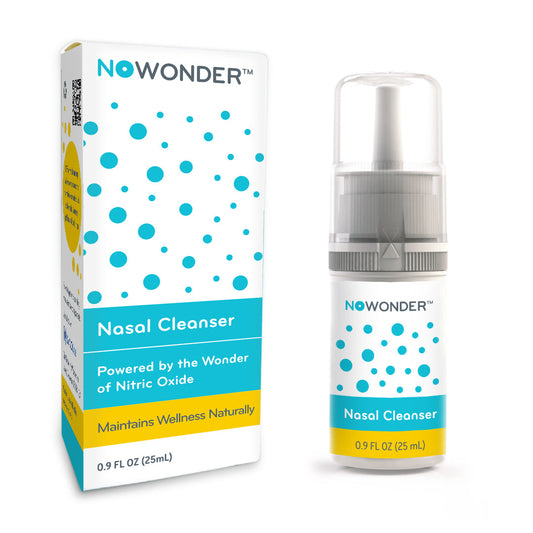
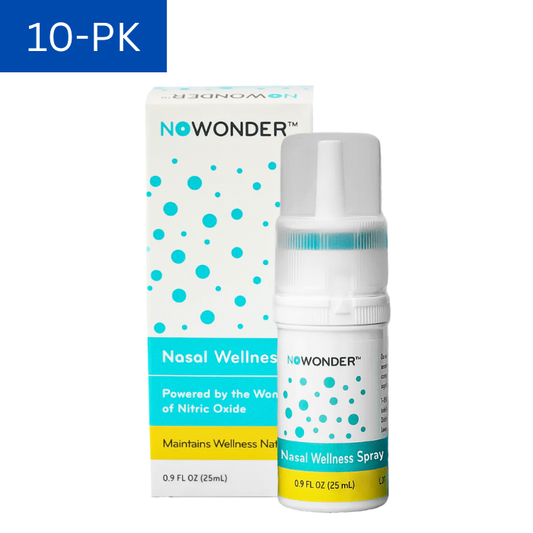
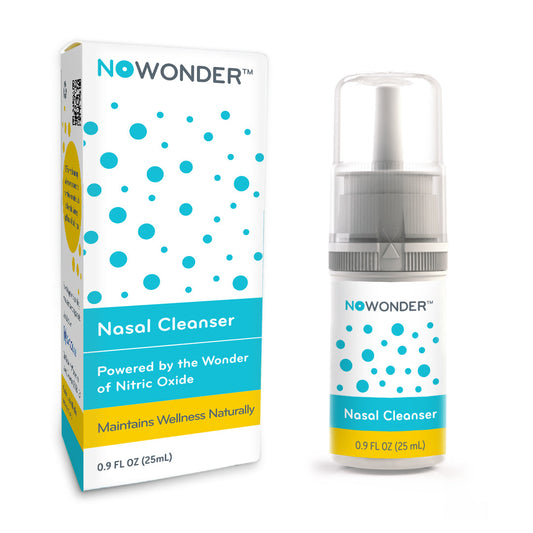

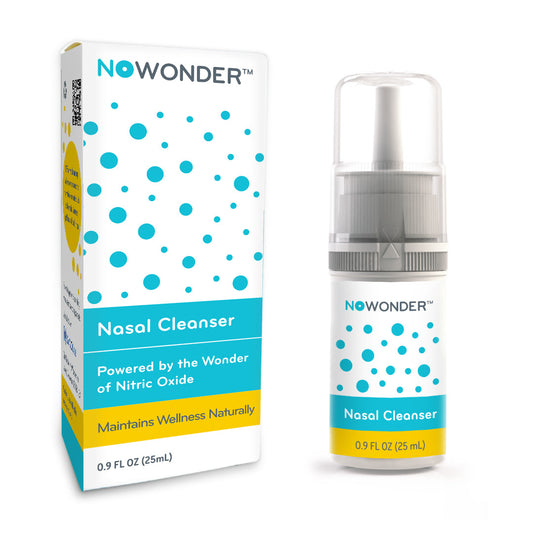

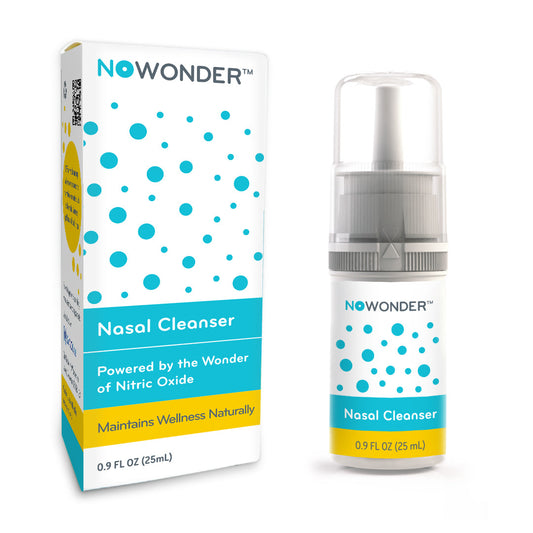

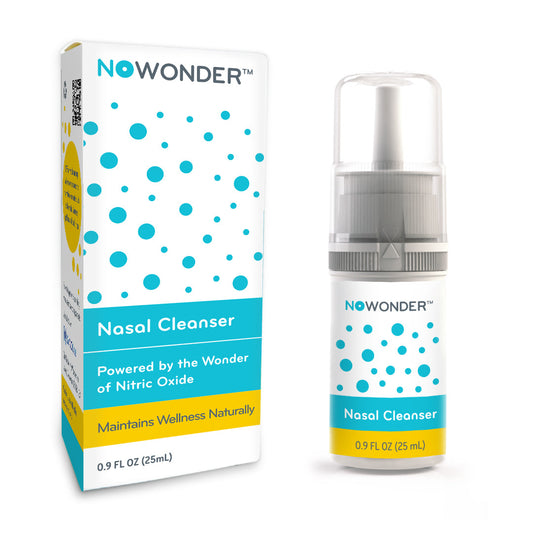

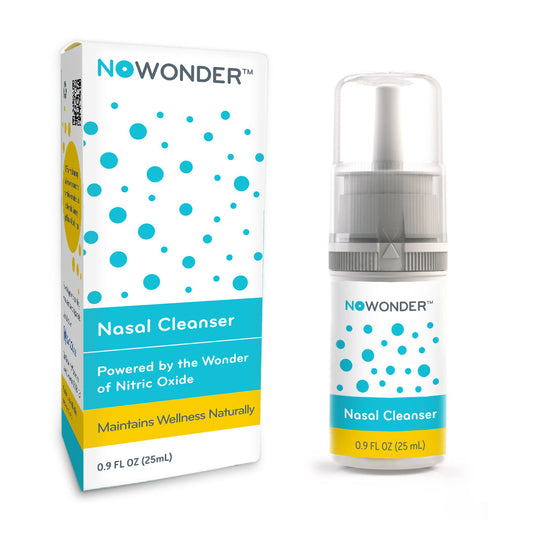

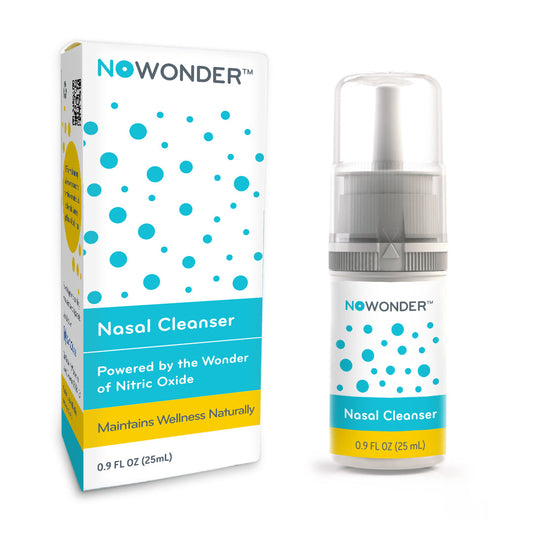



LEAVE A COMMENT